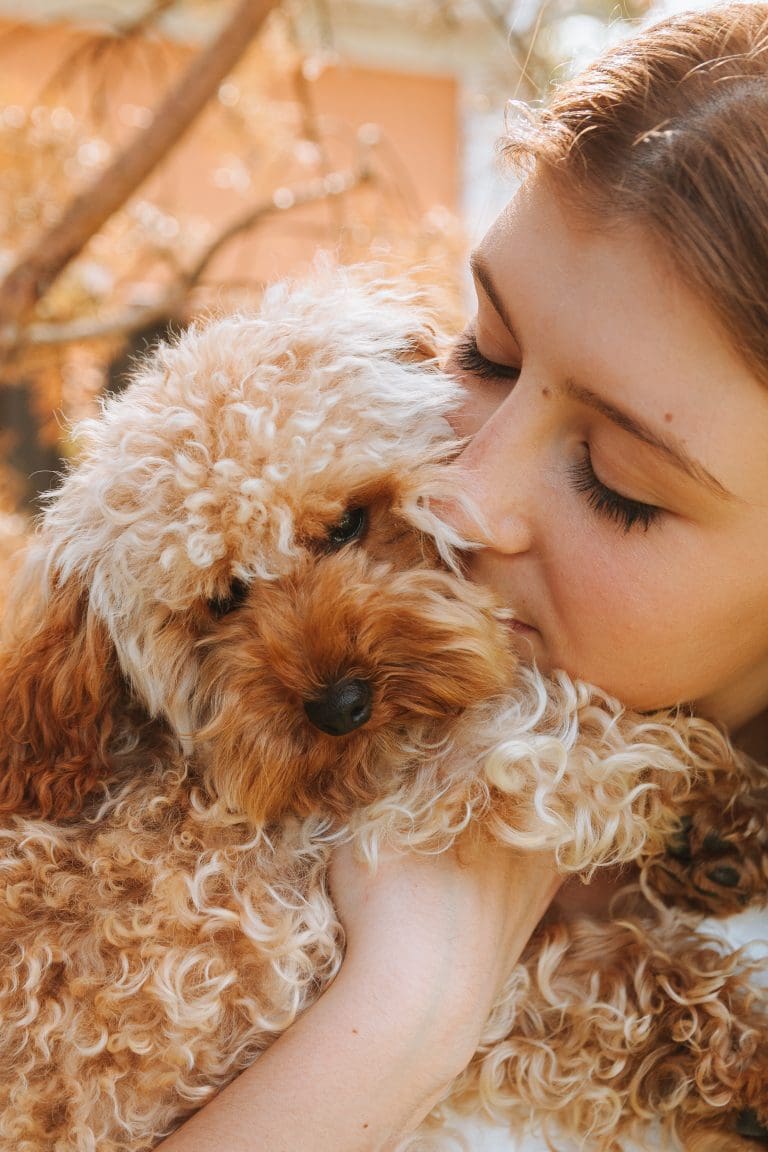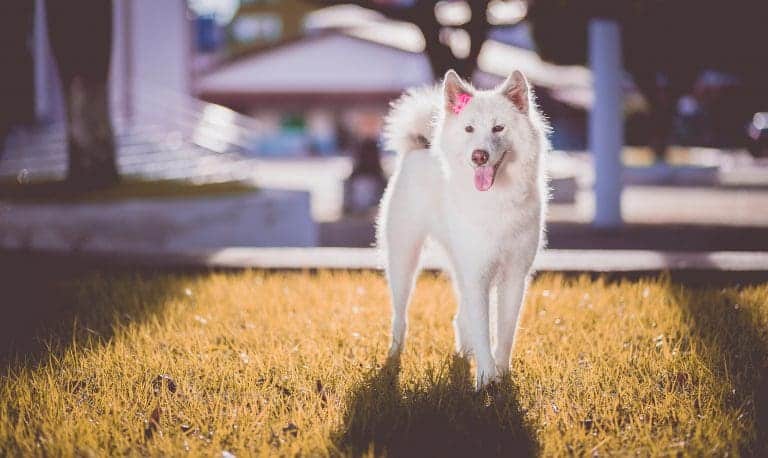When Do Golden Retrievers Stop Growing?
Post Date:
December 10, 2024
(Date Last Modified: December 13, 2024)
Golden retrievers are cherished for their friendly demeanor, intelligence, and stunning coats. As a potential owner, understanding their growth patterns is crucial for providing the right care and training.
Growth Stages of Golden Retrievers
Golden retrievers are classified as a large breed, and their growth varies from puppyhood to adulthood. Rapid growth occurs in the first few months, tapering off as they approach maturity. Typically, golden retrievers stop growing in height between 12 to 18 months. However, they continue to gain weight and muscle mass until about two years old, when they reach their full size.
Factors Influencing Growth
Several factors can influence a golden retriever’s growth, including genetics, diet, and overall health. Puppies from different bloodlines may exhibit varying growth rates. A balanced diet formulated for large breeds is essential to support healthy development and prevent issues like obesity and joint problems.
Monitoring Growth and Development
During their first year, golden retrievers experience growth spurts that can astonish new owners. Puppies may quickly outgrow their collars, beds, and toys, making it vital to monitor their growth and adjust their living space accordingly. Regular veterinary check-ups ensure that your puppy is growing at a healthy pace and provide insights on appropriate weight ranges.
Transitioning to Adolescence
As golden retrievers move from puppyhood to adolescence, their energy levels and curiosity increase. This period calls for more socialization and training. Consistency and patience are essential, as puppies may test boundaries and commands. Proper training during this phase lays the groundwork for their adult behavior.
Understanding Size Differences
Male and female golden retrievers differ in size. Males typically weigh between 65 to 75 pounds, while females range from 55 to 65 pounds. Males often take a bit longer to reach their full size, contributing to their unique growth patterns.
Mental and Emotional Development
Alongside physical growth, mental and emotional development plays a crucial role as golden retrievers mature. Regular training sessions, exposure to various environments, and interaction with other dogs and people help shape their behavior. This stage is an excellent opportunity to reinforce positive behaviors and strengthen the bond with your dog.
Signs of Maturity
As dogs near adulthood, they may exhibit signs of maturity, such as a calmer demeanor and improved focus during training. While some retain their playful spirit, many begin to settle down around the age of two, offering a more manageable companionship.
Health Considerations
Ongoing health considerations are vital throughout a golden retriever’s growth. Regular veterinary visits help catch potential health issues early. Golden retrievers are prone to certain genetic conditions, such as hip dysplasia and heart problems. Awareness of these risks and maintaining open communication with your veterinarian is essential for effective health management.
Nutritional Needs
Proper nutrition is critical during a golden retriever’s growth. A high-quality puppy food designed for large breeds is necessary to support their rapid development. Transitioning to adult dog food typically occurs around 12 months, but consulting with a veterinarian ensures the best timing for your individual dog.
Importance of Exercise
Exercise is vital at every growth stage. Puppies possess abundant energy, and regular playtime, walks, and socialization with other dogs promote healthy development. Golden retrievers generally require at least one hour of physical activity daily, which can include walks, runs, fetch, or swimming. Keeping them active maintains a healthy weight and provides mental stimulation.
Embracing the Journey
It’s essential to allow your golden retriever to develop at their own pace. Each dog is unique, and various factors will influence their growth. Cherishing each stage of development can foster a stronger bond between you and your dog.
As golden retrievers mature, noticeable changes occur in their behavior and appearance. Their coats may become fuller and shinier, and they tend to lose their puppy-like clumsiness. Changes in energy levels often lead to a more relaxed companion, enhancing the relationship between you and your dog.
Questions about your golden retriever’s growth are natural, especially for new owners. Engaging with fellow dog owners, joining training classes, or participating in online forums can provide valuable insights and support. Sharing experiences with other golden retriever owners aids in navigating the joys and challenges of raising this wonderful breed.
Golden retrievers embody loyalty and friendliness, and understanding their growth and development is vital for nurturing their personality. With informed care and attention, the journey of raising a golden retriever becomes a rewarding experience filled with love, laughter, and learning. Embrace the changes and cherish the time spent with your furry friend, as their growth journey is one of mutual participation, shaping their lives and enriching your own.






